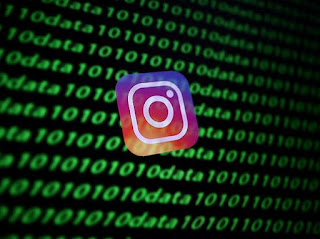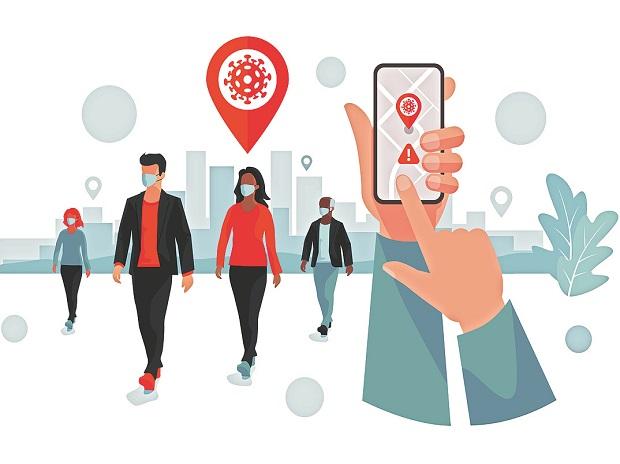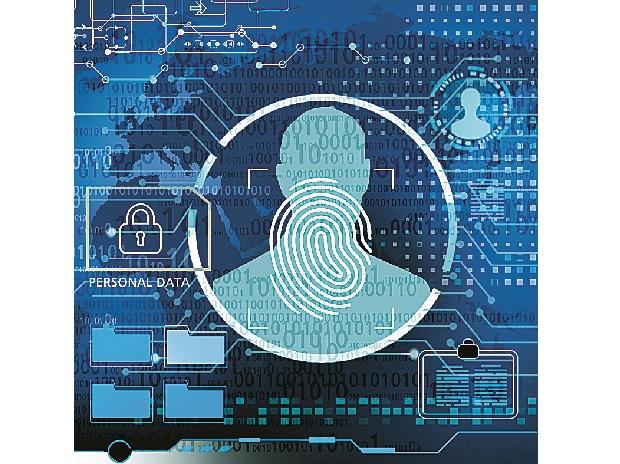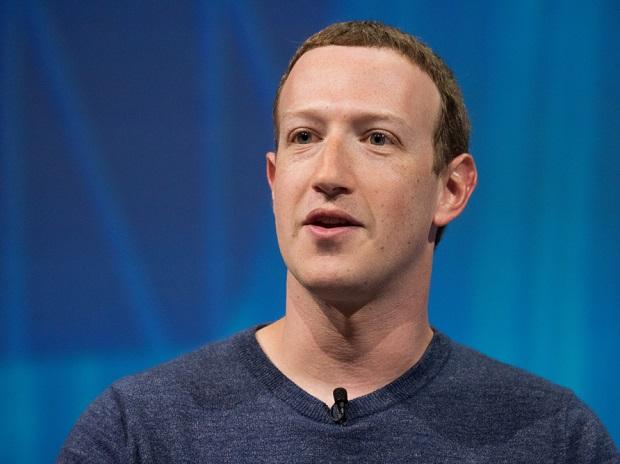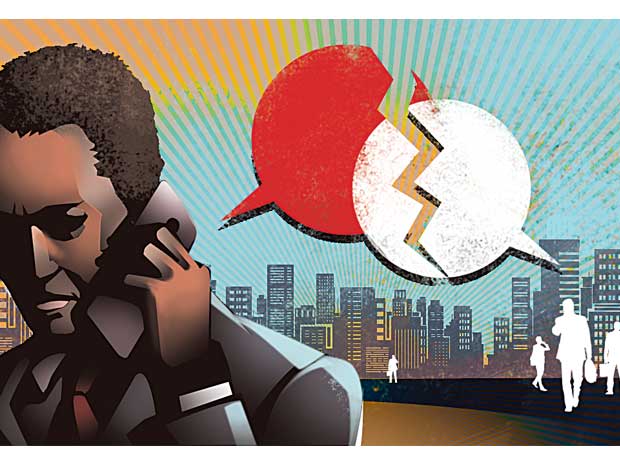India tightens regulatory grip on Facebook, WhatsApp with new rules
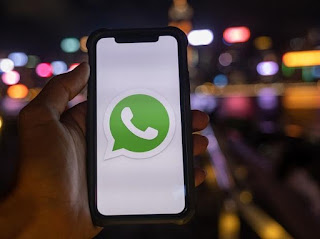
India announced new rules on Thursday to regulate content on social media, making Facebook, WhatsApp and others more accountable to legal requests for swift removal of posts and sharing details on the originators of messages. The rules -- part of an effort by Prime Minister Narendra Modi's nationalist government to tighten the leash on Big Tech -- come after Twitter recently ignored government orders to drop content related to farmers' protests. India is the largest market by users for both Facebook and its messenger service WhatsApp. The new rules issued by the government, called the Intermediary Guidelines and Digital Media Ethics Code, will be legally enforceable. They will require big social media companies to set up a grievance redressal mechanism and within three months appoint new executives to coordinate with law enforcement. Social media firms should be "more responsible and accountable," Ravi Shankar Prasad, the minister for information technolo...





